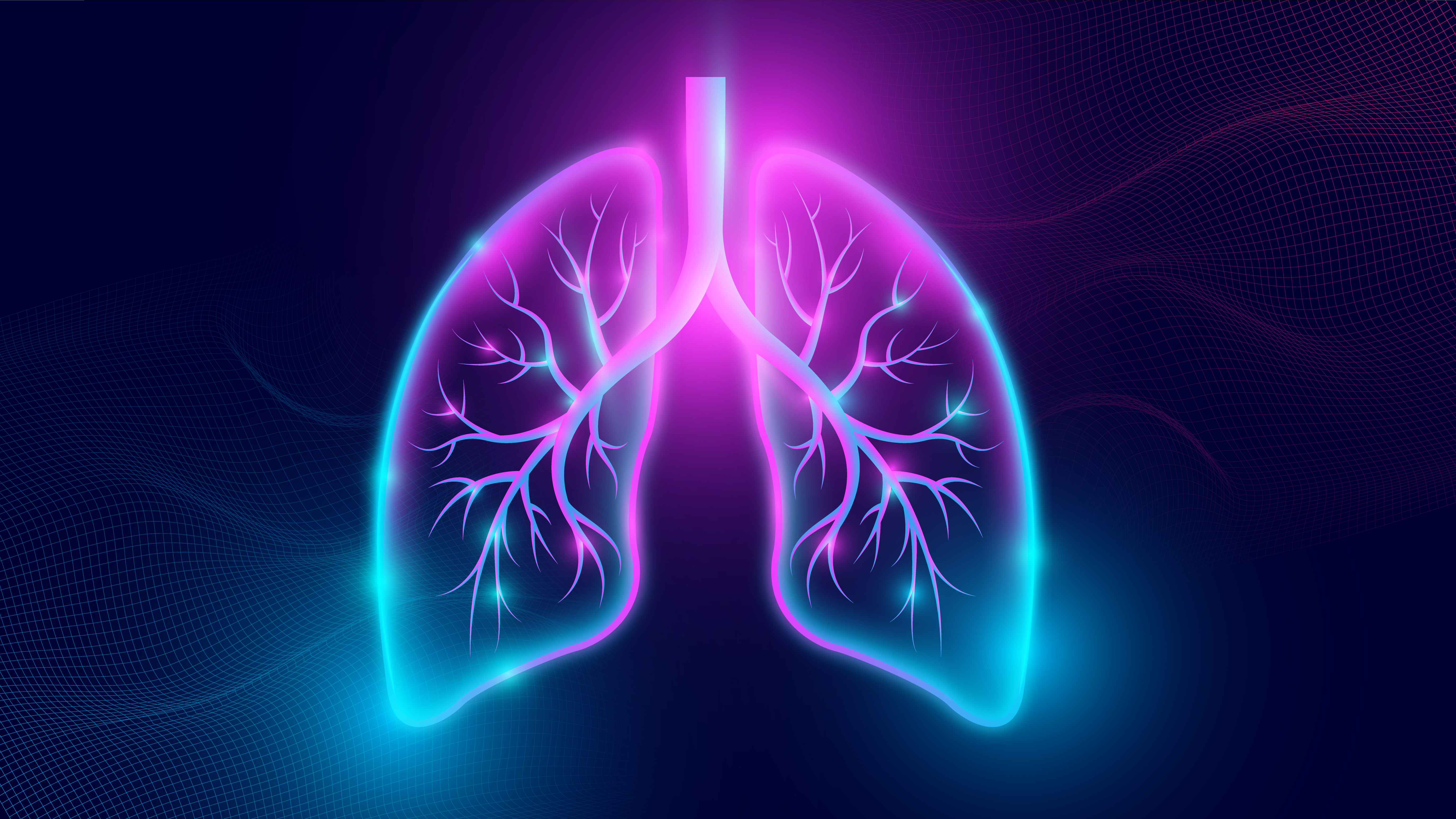A persistent or worsening cough. Bloody or rust-colored phlegm. Hoarseness. Chest pain. Shortness of breath.
These are some common symptoms of lung cancer1, the second most commonly diagnosed cancer and the leading cause of cancer deaths worldwide2. In 2020, there were more than 2.2 million new cases of lung cancer, and the disease accounted for an estimated 1.8 million deaths, or 18% of total cancer deaths globally3. About 80% to 85% of lung cancers are non-small cell lung cancer (NSCLC)4.

A Global Concern
The global burden of cancer is a growing one. One in five people worldwide develop cancer during their lifetime, and one in eight men and one in 11 women die from the disease. In 2020, there were an estimated 19.3 million new cancer cases and 10.0 million cancer deaths worldwide. New cancer cases are forecast to rise to an estimated 28.4 million by 2040, up 47% from 2020 levels5.
Lung Cancer Detection and Diagnosis Powered by Genomics
Genomics research, including efforts by BGI, have helped in the global fight against lung cancer. One important weapon in battling this disease is detection. Screening has been shown to detect cancer early and reduce the chance of death from the disease.
In particular, BGI’s NSCLC Mutation Analysis Software can be used in conjunction with its EGFR/KRAS/ALK Gene Mutation Detection Kit (Combinatorial Probe-Anchor Synthesis Sequencing Method) to qualitatively detect mutations related to NSCLC6.
Its Lung Cancer Library Reagent - Lung Cancer Circulating Tumor DNA Multi-gene Mutation Combined Detection Kit (Combinatorial Probe-Anchor Synthesis Sequencing Method) is another tool contributing to the battle against the disease.
This detection kit, which is non-invasive and based on next-generation sequencing technologies, enables highly accurate detection of mutations across the most clinically relevant genes associated with lung cancer, using liquid biopsy samples of patients whose tissue samples are inaccessible. This provides a comprehensive molecular profiling of lung cancer for clinicians and researchers7.
Detection and Diagnosis of Multiple Types of Cancers
Beyond the specific focus of lung cancers, BGI’s Pan-Cancer Library Reagent - Solid Tumor Multi-gene Combined Detection Kit tackles a range of different cancer types. This detection kit is designed to identify actionable genomic alterations in multiple kinds of cancer, including single nucleotide variants (SNV), insertions and deletions (InDel), copy number variants (CNV), tumor mutational burden (TMB), microsatellite instability (MSI), and fusions, across cancer-related genes.
It provides clinicians with comprehensive and accurate next-generation sequencing-based testing solutions for identifying clinically actionable mutations and discovering novel variants with important functions in cancer.
Given the prevalence of lung and multiple types of cancer, early detection and diagnosis is critical. BGI’s mutation analysis software and detection kit offer comprehensive solutions for detecting NSCLC, allowing clinicians to diagnose the disease in a timely manner and provide patients with effective treatment options. This, in turn, saves lives and improves the quality of life for such patients.
Reference:
1. https://www.cancer.org/cancer/lung-cancer/detection-diagnosis-staging/signs-symptoms.html
2. https://acsjournals.onlinelibrary.wiley.com/doi/10.3322/caac.21660
3. https://acsjournals.onlinelibrary.wiley.com/doi/10.3322/caac.21660
4. https://www.cancer.org/cancer/lung-cancer/about/what-is.html
5. https://www.iarc.who.int/wp-content/uploads/2020/12/pr292_E.pdf



